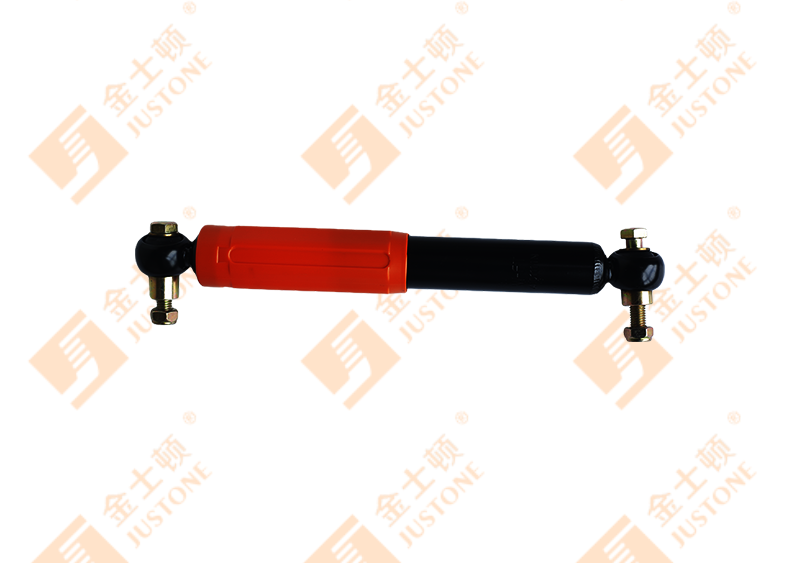Didn't find a product that suits you?
Contact us for the latest news.
Trailer coupling dampers are essential components in modern towing systems. They are designed to reduce the dynamic forces between the towing vehicle and trailer, improving overall stability, safety, and driving comfort. Understanding their primary functions can help operators make informed decisions when selecting and maintaining dampers for different towing applications.
When a trailer encounters uneven road surfaces, bumps, or potholes, sudden forces are transmitted to the towing vehicle. Trailer coupling dampers absorb these shocks, minimizing the impact on both the trailer and the towing vehicle. This helps maintain trailer alignment and reduces the risk of damage to cargo.
During acceleration or braking, the sudden change in momentum can cause jerking between the trailer and tow vehicle. Dampers smooth out these transitions, providing gradual force distribution. This reduces strain on the hitch, chassis, and suspension, extending component life.
Trailer sway is a dangerous oscillation caused by wind, uneven loads, or sudden steering inputs. Coupling dampers help stabilize the connection, damping side-to-side movement. By controlling sway, dampers improve directional stability and reduce the likelihood of accidents.
A high-tension force between the tow vehicle and trailer can stress the hitch and towing components. Dampers distribute these forces evenly, preventing excessive wear and potential mechanical failure. This ensures that the trailer remains securely connected under various driving conditions.
Without dampers, towing can feel jerky, especially when starting, stopping, or navigating uneven terrain. Coupling dampers absorb part of these forces, resulting in a smoother driving experience. Drivers experience less fatigue and greater control over both the vehicle and trailer.
Excessive vibration or metal-to-metal contact between trailer and tow vehicle can generate noise. Dampers act as cushioning devices, absorbing vibration energy and reducing unwanted sounds. This makes towing quieter, enhancing overall comfort for passengers.
Mechanical dampers utilize springs or friction systems to absorb shocks. They are simple, cost-effective, and suitable for light to medium trailers. However, they may require periodic adjustment to maintain optimal performance.
Hydraulic dampers use fluid resistance to dissipate energy. They provide consistent damping regardless of trailer weight or speed, making them ideal for heavy trailers and long-distance towing. Their smooth response reduces sudden jerks effectively.
Air-assisted systems combine pneumatic cushioning with mechanical or hydraulic damping. They adapt to varying loads and road conditions, offering superior comfort and safety. Air dampers are commonly used in advanced commercial trailer systems.
Trailer coupling dampers are vital components that enhance towing safety, stability, and comfort. They reduce shocks, minimize sway, protect the hitch, and improve driving experience. Selecting the right type of damper and performing regular maintenance ensures optimal performance, extends component life, and keeps both vehicle and trailer in safe operating condition. By understanding the functions and benefits of coupling dampers, drivers can make informed decisions to maximize efficiency and safety in all towing scenarios.
